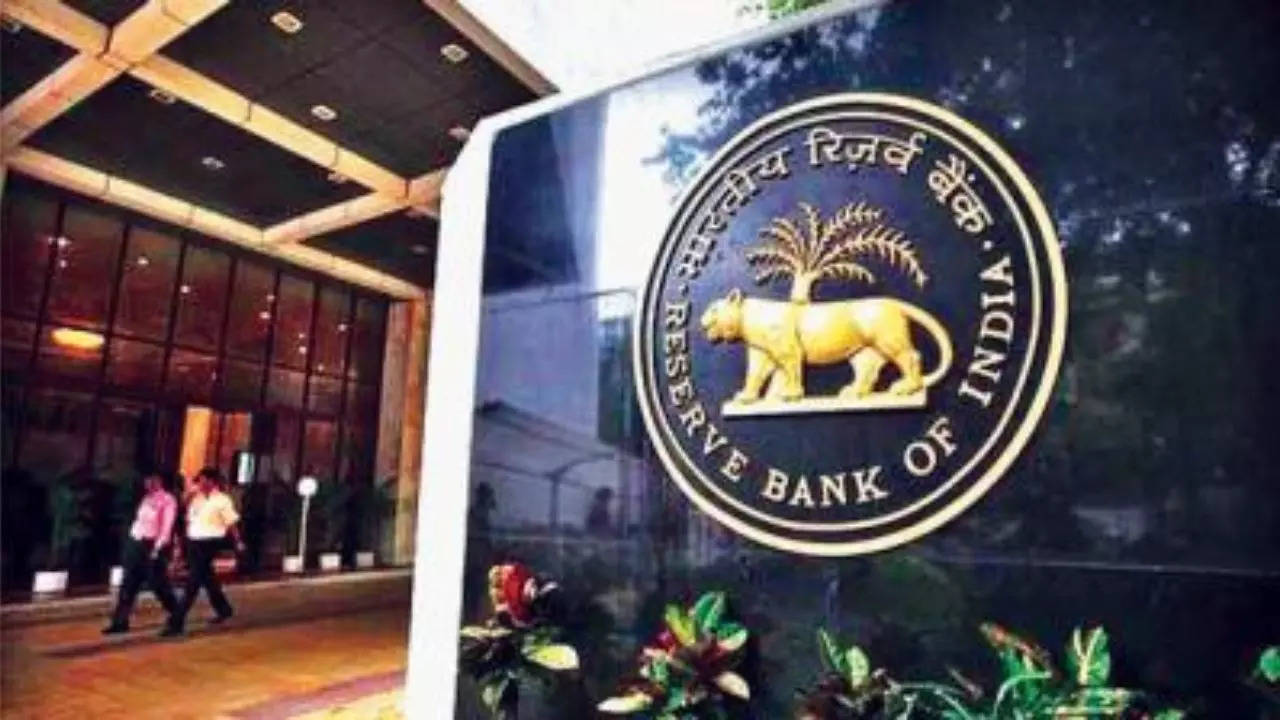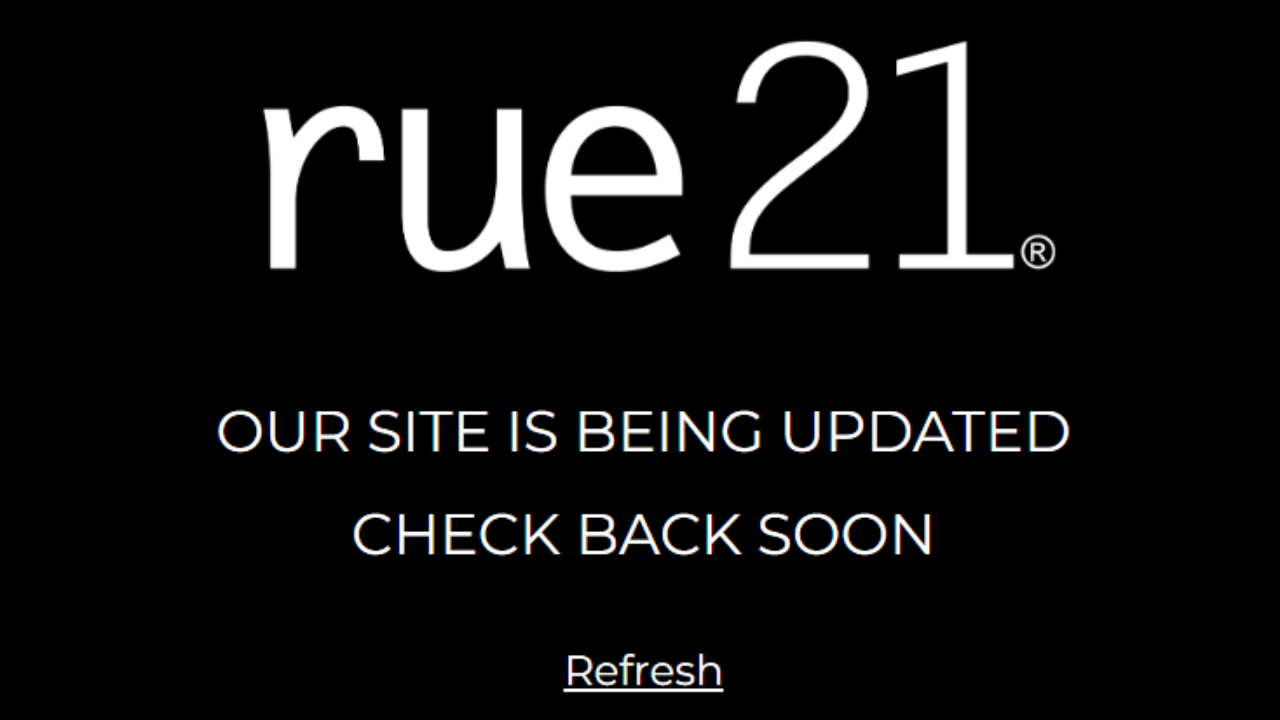

PSU Bank Stocks Adds Nearly 7 Lakh Crore And Creates 7 Multi-Baggers Within A Year- Check Details (image source: Canva)
The rally in PSU bank stocks, which amounted to a whopping Rs 6.76 lakh crore and produced 7 multi-baggers within the last year, now stands at a pivotal juncture. This juncture arises as the Sebi deadline to comply with the 25 per cent minimum public shareholding (MPS) rule approaches in August, according to a ET report.
Rally Drivers: Fundamentals and Free Float Factors
The surge in PSU bank stocks has been fueled by various factors, including notable improvements in fundamentals such as robust earnings growth and the recovery of asset quality. Additionally, a significant contributor to this bull run has been the low free float factor, particularly evident in Punjab National Bank (PNB) and Union Bank of India.
PNB, with a government shareholding of 98.25 per cent, has delivered an impressive 126 per cent return over the past year. Union Bank of India recently became compliant with the 25 per cent criteria, driving a 160 per cent return after a successful Rs 3,000 crore Qualified Institutional Placement (QIP). However, other PSU banks like Indian Overseas Bank, UCO Bank, Central Bank, and Bank of Maharashtra also exhibit high government shareholdings, affecting their market dynamics.
Sebi Regulations and Potential Impact
While high government shareholding has contributed to a scarcity of shares available for public trading, Sebi regulations mandate a minimum 25 per cent public float for all listed companies, with PSU banks given until August 2024 to comply. This increase in free float could lead to both positive and negative outcomes for share prices, as it may create supply pressure while simultaneously attracting more investors to recognize the inherent value in these stocks.
Beyond Free Float: Valuations and Growth Outlook
Despite the correlation between low free float and high share prices, the future trajectory of PSU bank stocks will also hinge on their valuations and growth prospects. PSU banks have demonstrated impressive net revenue growth compared to private banks since 2019, coupled with substantial improvements in gross non-performing assets (NPAs). Analysts highlight the significant discount relative to book value on a forward basis, making these banks attractive for investors seeking value opportunities.
Balancing Growth Prospects and Compliance
As the Sebi deadline approaches, PSU bank stocks find themselves at a critical juncture. While compliance with regulatory norms may introduce short-term volatility, the sector’s strong fundamentals and attractive valuations position it favourably for long-term investors. Balancing growth potential with regulatory compliance will be crucial for navigating the evolving landscape of PSU bank investments.
(Disclaimer: The above article is meant for informational purposes only, and should not be considered as any investment advice. Today Technology Market ResearchDigital suggests its readers/audience to consult their financial advisors before making any money related decisions.)




























